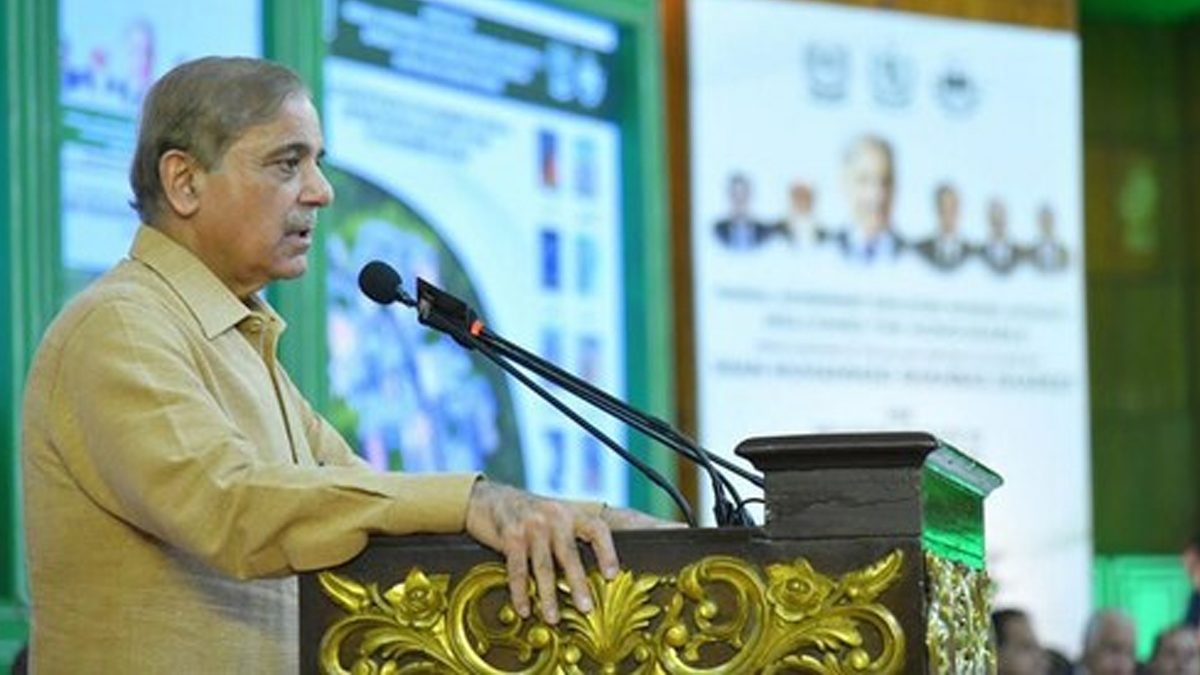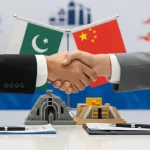
Nation Constantly Pleading For Aid
On Wednesday, Prime Minister Shehbaz Sharif painted a bleak image of the economy of the nation and expressed concern that friendly nations had begun to view Pakistan as a nation that was constantly pleading for aid.
The prime minister lamented, when addressing a lawyers’ convention, “Today, when we go to any friendly country or make a phone call, they think that we have come [to them] to grovel for money.”
Before the floods, the economy of the nation was already in a “difficult situation,” according to PM Sharif, making things even more “complex.” The coalition administration, he claimed, had worked hard to prevent Pakistan from going into “economic default” when he came into power in April and had “to some extent stabilised the economic turmoil.”
IMF had Threatened to Withdraw Programme
The premier acknowledged that inflation was “at its peak” and implied that the previous Pakistan Tehreek-i-Insaf (PTI) administration was to blame for this occurrence. He said that the previous administration had broken the terms of the agreement with the International Monetary Fund (IMF), which had forced the incumbent government to accept stringent requirements. If the agreed-upon requirements were not satisfied, the IMF had even threatened to withdraw its programme, he continued.
Read More | Rana Shamim files ‘apology’ but allegations against ex-CJP Saqib Nisar stay
Read More | Flood response takes digital route to ensure transparency
Even smaller economies, according to Mr. Sharif, had outpaced Pakistan, who had “been travelling for the previous 75 years carrying a begging bowl.” He informed the lawyers that although other nations in the region had GDP growth rates lower than Pakistan’s, they now had a significant export advantage.
“Where is Pakistan now, 75 years later? This is a tricky inquiry.”
Facing “Now or Never” Dilemma: Shehbaz Shariff
PM Shehbaz stated that they were facing a “now or never” dilemma and that they were “going in a circle all the time.” He claimed that although the nation had capability, “there is a lack of will to do.”
As he struggled to secure gas before the onset of winter, the prime minister expressed concern about a potential gas catastrophe in the next winter. He added that such a climate-related tragedy may not have been seen anywhere else in the globe, saying that the rains and floods have wreaked unimaginable damage in the nation.
Prior to that, he conducted balloting for plots for federal government employees and sent allotment letters to senior lawyers for residential plots in the housing project.



